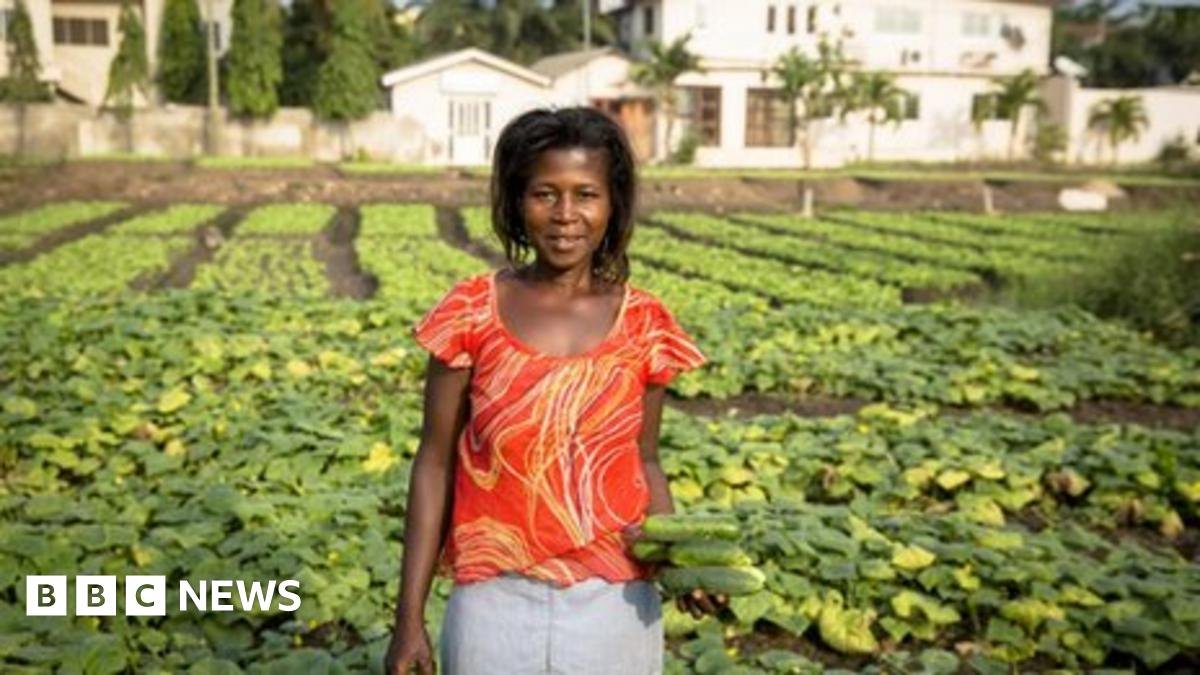“The de-facto re-use of urban waste water is understandable, given the combination of increasing water pollution and declining fresh water availability, as seen in many developing countries,” said Anne Thebo, from the University of California, Berkeley, in the US, and lead author of the study.
“As long as investment in waste water treatment lags far behind population growth, large numbers of consumers eating raw produce will face heightened threats to food safety.”
One of the difficulties is that farmers often prefer the raw, untreated waste water as it usually has a higher concentration of nutrients than other water sources. In Pakistan, farmers say the treated waste water is safer but too saline for their crops.
“Even when it’s diluted, although the nutrient content goes down the pathogen content stays high. This makes it very tricky,” added Dr Drechsel.
The authors say that bringing more water treatment plants online would help but that it is a very slow process. It took Ghana several decades to be able to treat around 15% of its water. The researchers say that while resources are a challenge, the biggest issue remains risk awareness.
“You try at multiple critical control points to reduce the risk between the farm and fork,” said Dr Drechsel.
“This can be through safer irrigation, or greater hygiene at markets and also people can effectively wash the vegetables so you can get rid of most of the pathogens – but in those countries where it is most needed, there is no risk awareness. People don’t know about bacteria.
“So like the hand-wash campaigners we must try for something to effect behaviour change – and we are working on that.
“Waste water is one of the future opportunities if we can find ways of making the best use of it without risking food safety.”
The research has been published, external in the journal Environmental Research Letters.
Follow Matt on Twitter, external and on Facebook, external





